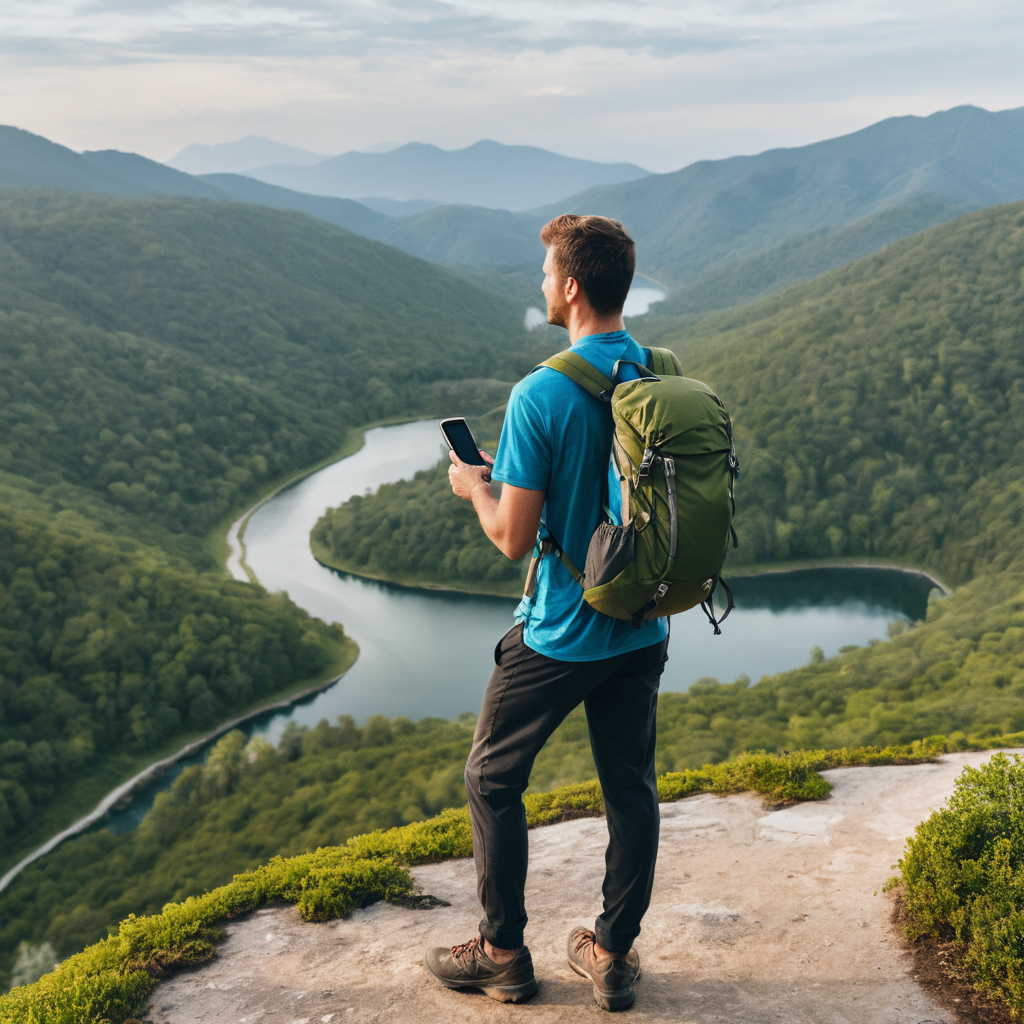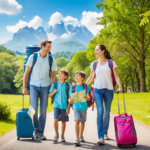Tips for Staying Safe While Traveling Solo
Traveling solo is an empowering and life-changing experience. It allows you to set your schedule, embrace independence, and immerse yourself in the journey of self-discovery. However, the lack of a travel companion means added responsibility for your safety. By taking certain precautions and staying vigilant, you can ensure your adventure is both enjoyable and secure. Here’s an in-depth guide to help you travel safely while going solo.
1. Research Thoroughly Before You Travel
Knowledge is power, and this is particularly true for solo travelers. A well-researched itinerary can help you avoid pitfalls and stay safe.
Key Points to Research:
- Safety ratings of your destination: Check government travel advisories for up-to-date information.
- Local customs and laws: Understanding cultural norms can prevent misunderstandings or unintentional offenses.
- Emergency contacts: Note the numbers for local police, hospitals, and your embassy.
- Transportation options: Look into the safest ways to get around and whether certain areas are best avoided at night.
Pro Tip:
Join travel forums or groups on platforms like Reddit or Facebook to gather insider tips from other solo travelers.
2. Keep Someone Informed About Your Plans
Even if you’re traveling alone, someone back home should be in the loop about your activities.
How to Stay Connected:
- Share your itinerary with a trusted friend or family member.
- Send updates periodically about your location and activities.
- Use apps like Google Maps, Life360, or Find My Friends to share your live location.
In case of an emergency, having someone who knows your whereabouts can be a lifesaver.
3. Prioritize Safe and Comfortable Accommodations
Where you stay is crucial to your safety. A poorly chosen accommodation can expose you to risks, especially at night.
How to Choose:
- Look for places with strong safety reviews on platforms like Booking.com or Airbnb.
- Opt for accommodations with 24/7 front desk service and secure locks.
- Consider staying in well-lit, central neighborhoods that are easily accessible.
Pro Tip:
If staying in a hostel, choose female-only dorms or private rooms for extra security.
4. Blend In With the Local Environment
Standing out as a tourist can sometimes attract unwanted attention.
Ways to Blend In:
- Dress modestly and in line with local customs.
- Avoid carrying large cameras, guidebooks, or maps visibly.
- Learn basic phrases in the local language, such as “hello,” “thank you,” and “help.”
Blending in not only enhances your safety but also enriches your travel experience by helping you connect with locals.
5. Protect Your Valuables
Losing your valuables can turn a dream trip into a nightmare.
Security Measures:
- Use an anti-theft backpack with locking zippers and RFID protection.
- Keep your passport, cash, and credit cards in a hidden money belt or neck pouch.
- Store backups of essential documents, including a photocopy of your passport, on cloud storage or a secure app.
Pro Tip:
Carry a decoy wallet with a small amount of cash to deter pickpockets while keeping your real wallet hidden.
6. Stay Aware in Public Spaces
Public spaces can be bustling, making them prime spots for scams or theft.
How to Stay Alert:
- Avoid distractions like loud music in headphones or excessive phone use.
- Watch your surroundings when withdrawing money from ATMs.
- Be cautious of strangers offering unsolicited help or deals that seem too good to be true.
Awareness is one of your strongest safety tools.
7. Plan Your Transportation Wisely
Navigating an unfamiliar place can be tricky, but careful planning minimizes risks.
Travel Tips:
- Use licensed taxis, rideshare apps like Uber, or hotel-arranged transport.
- Avoid public transport late at night unless it’s deemed safe.
- Rent vehicles from reputable companies if driving, and familiarize yourself with local traffic rules.
8. Stay Healthy and Prepared
Your health is essential to your trip’s success.
Health Preparation:
- Carry a travel first-aid kit with essentials like bandages, painkillers, and motion sickness tablets.
- Drink bottled water if tap water is unsafe in your destination.
- Get any necessary vaccinations before traveling.
Travel Insurance:
Invest in a comprehensive travel insurance policy covering medical emergencies, theft, and cancellations.
9. Trust Your Instincts and Be Assertive
Your intuition is one of the most reliable indicators of danger.
How to Act:
- If a situation or person feels off, leave immediately.
- Be firm but polite when declining offers or conversations that make you uncomfortable.
- Stay in populated, well-lit areas, especially at night.
10. Embrace Technology for Safety
Leverage apps and gadgets to enhance your security.
Useful Tools:
- Navigation: Google Maps for route planning and offline maps.
- Emergency Apps: bSafe, which allows trusted contacts to follow your journey.
- Translation Apps: Google Translate for communication in foreign languages.
Carrying a portable phone charger ensures you’re never caught with a dead battery.
11. Meet New People Cautiously
Solo travel is a great way to make connections, but it’s important to be careful.
How to Build Trust:
- Meet in public spaces rather than private or secluded areas.
- Avoid sharing too much personal information, like where you’re staying.
- Trust verified guides or group tours for local exploration.
12. Limit Social Media Posts in Real Time
While sharing your journey is tempting, doing so in real-time can reveal your location to strangers.
Best Practices:
- Post updates after leaving a location.
- Adjust privacy settings to restrict who can see your content.
- Avoid tagging locations in live posts.
Conclusion
Traveling solo is a liberating and rewarding experience that offers the chance to grow, reflect, and connect with new cultures. By planning ahead, staying vigilant, and trusting your instincts, you can ensure a safe and memorable journey. Remember, the goal is to embrace the freedom of solo travel without compromising on your well-being.




